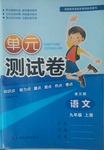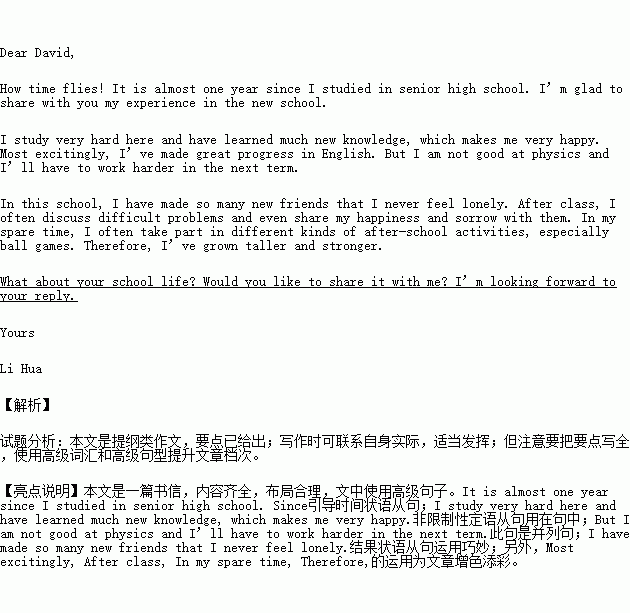题目内容
假如你是李华,你的美国笔友David想了解你高中第一学年的情况。请根据下列所提示的信息给他写一封回信。
1. 感叹时间过得快;
2. 学习上的得与失;
3. 学校生活:交友,课外活动等。
注意:
1. 100字左右;信的开头和结尾已给出,不计入总字数。
2.可适当增加细节,以使行文连贯。
Dear David,
_______________________________________________________________________________
_______________________________________________________________________________
_______________________________________________________________________________
_______________________________________________________________________________
_______________________________________________________________________________
_______________________________________________________________________________
_______________________________________________________________________________
_______________________________________________________________________________
_______________________________________________________________________________
_______________________________________________________________________________
What about your school life?Would you like to share it with me? I’m looking forward to your reply.
Yours,
Li Hua
 阳光试卷单元测试卷系列答案
阳光试卷单元测试卷系列答案
